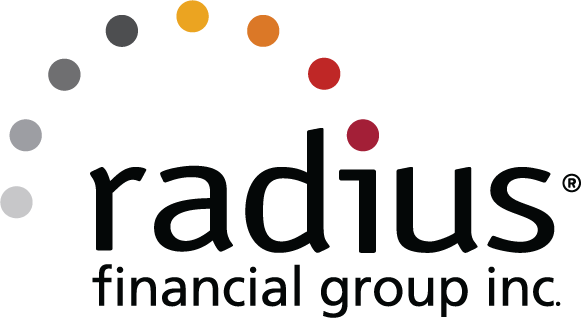A home equity conversion mortgage (HECM)—a reverse mortgage insured by the federal government—can help fund your retirement and open up new financial freedom. Put simply, a HECM allows you to use the equity you have built into your home over time or in one lump sum.
But before you decide that a HECM is the right choice for you, it’s important to learn about the many layers of the loan.
In this blog post, we detail the expenses and fees you can expect with reverse mortgage closing costs. Remember that some fees depend on your location or lender, so make sure to speak with them before making any decisions.
Mortgage Insurance Premium
Among the main benefits of a HECM is the protection provided by the US Department of Housing and Urban Development (HUD) through mortgage insurance. Although your mortgage insurance premium (MIP) will likely be your largest expense, it protects you in the following scenarios:
1. If your lender folds.
Your lender is responsible for providing you with the full loan amount. However, if they go out of business, mortgage insurance guarantees that the Federal Housing Administration (FHA) will pay the remaining loan amount.
2. If your loan balance exceeds your appraised value.
When you are ready to sell your home, you will need to have an appraiser assess the value of your home. If the loan balance exceeds your home’s value, you will not owe more than the value. With mortgage insurance, the FHA pays the difference.
Loan Origination Fee
The loan origination fee covers your lender's business expenses as they provide you with expertise and guidance through the mortgage process. In addition to operations costs, the services include credit report supplements, tax transcripts, fraud reports, tax services, and employment verifications.
This fee is regulated by the FHA to protect you from excessive origination charges. It is a set calculation of 2 percent of the first $200K of the property’s appraised value and an additional 1 percent for any amount above $200K, with a cap of $6,000.
Lender Servicing Fee
The lender servicing fee is associated with administering the loan, monitoring taxes and insurance, and providing any other services on the loan.
Keep in mind that only certain lenders require this fee. Generally, it falls between $25-$35, but it is subject to change and depends on where the loan is transferred for servicing.
Other Typical Reverse Mortgage Closing Costs
Depending on your lender, your HECM reverse mortgage loan closing costs may also include:
- Title Insurance: This insurance protects the buyer and lender from potential losses resulting from property ownership disputes.
- Recording Fee: This covers the costs of recording the mortgage lien with your county clerk at your county’s recorder’s office.
- Documentation Preparation Fees: This fee is for preparing all final closing documents.
- Credit Report Fee: This fee is for verifying any liens or judgments.
- Well Water Test Fee: If the home has a private well, a well water test is required to ensure it meets Environmental Protection Agency (EPA) or town requirements for potable water. This usually costs around $200.
- Flood Certification Fee: This covers the costs of determining if the property is located on a flood plain.
- Survey Fee: This covers the costs of determining property boundaries to ensure neighbors are not intruding upon your property. This is only required in certain states, such as Florida and Texas.
- Settlement/Escrow/Closing Fee: This fee is for closing services, such as title searches.
- State or County Tax Stamps: Depending on your county or state, you may have tax stamp fees associated with the recording of documents.
- Counseling Fee: With a HECM, you will be required to undergo a counseling session to discuss the loan in further detail. This typically happens at the beginning of the process and is paid out of pocket. It usually costs about $200.
- MERS Registration Fee: This covers the costs of registering your loan in the Mortgage Electronic Registration System (MERS).
Ongoing Expenses
As part of your decision to receive a reverse mortgage, you will be required to pay for several ongoing expenses, including:
- Property Taxes: These are taxes paid on a property that the local governing body uses to fund services that benefit the community.
- Homeowner’s Insurance: This insurance protects your home and belongings against damage or theft. If you are in a flood zone, you will also need to pay flood insurance.
- HOA Fees: If your home is located within the jurisdiction of a homeowner’s association, such as a condominium or planned unit development, you will have homeowner’s association fees that need to be paid for community expenses.
- Repairs: You are required to keep your home in good condition as outlined by the FHA property standards and requirements.
Remember that annual mortgage insurance and interest are collected on the outstanding loan balance, and the house is generally the asset used to pay off the loan after a maturity event occurs.
Gain the Guidance of a radius Loan Officer
Deciding whether a reverse mortgage is the best option for your situation is easier when you work with a Loan Officer. They can provide a strong estimate of reverse mortgage closing costs, among many other things.
Are you interested in learning more about HECMs? Chat with one of our Loan Officers.
* This guide is for educational purposes only and should not be construed as financial advice. These materials are not from HUD or FHA and were not approved by HUD or a government agency. Not tax advice, consult a tax professional. The borrower must meet all loan obligations, including living in the property as the principal residence and paying property charges, including property taxes, fees, and insurance. The borrower must maintain the home. When the last borrower or eligible non-borrowing spouse passes away, sells the home, permanently moves out, or fails to comply with the loan terms, the loan becomes due and payable (and the property may become subject to foreclosure). Reverse mortgages are currently not available in NH and TN with radius financial group, inc.




